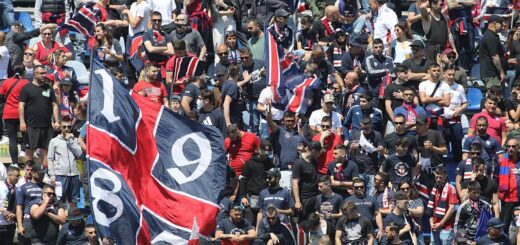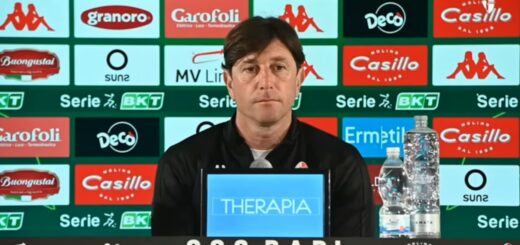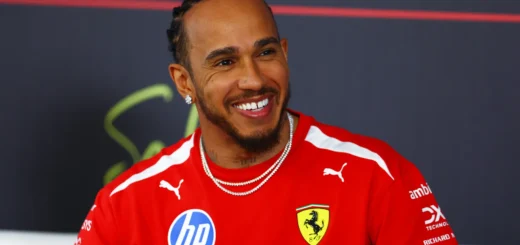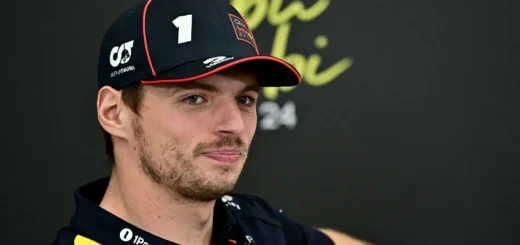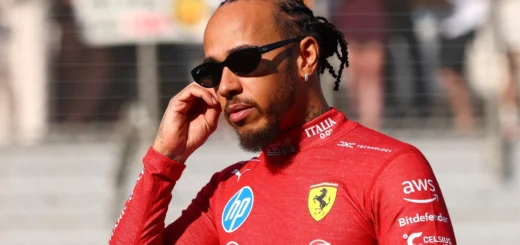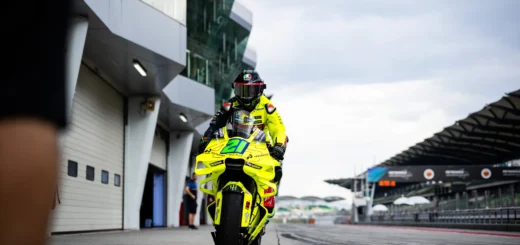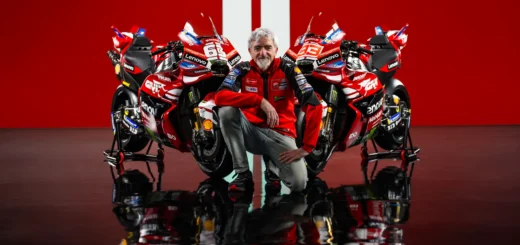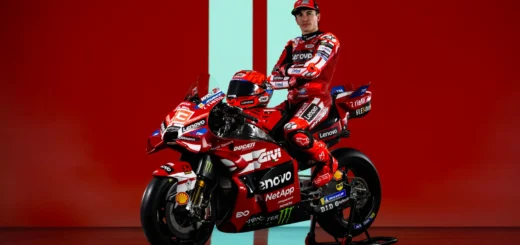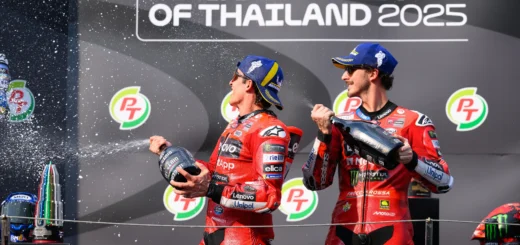Sara Gama charts the way forward: “Inclusion and respect key issues.”
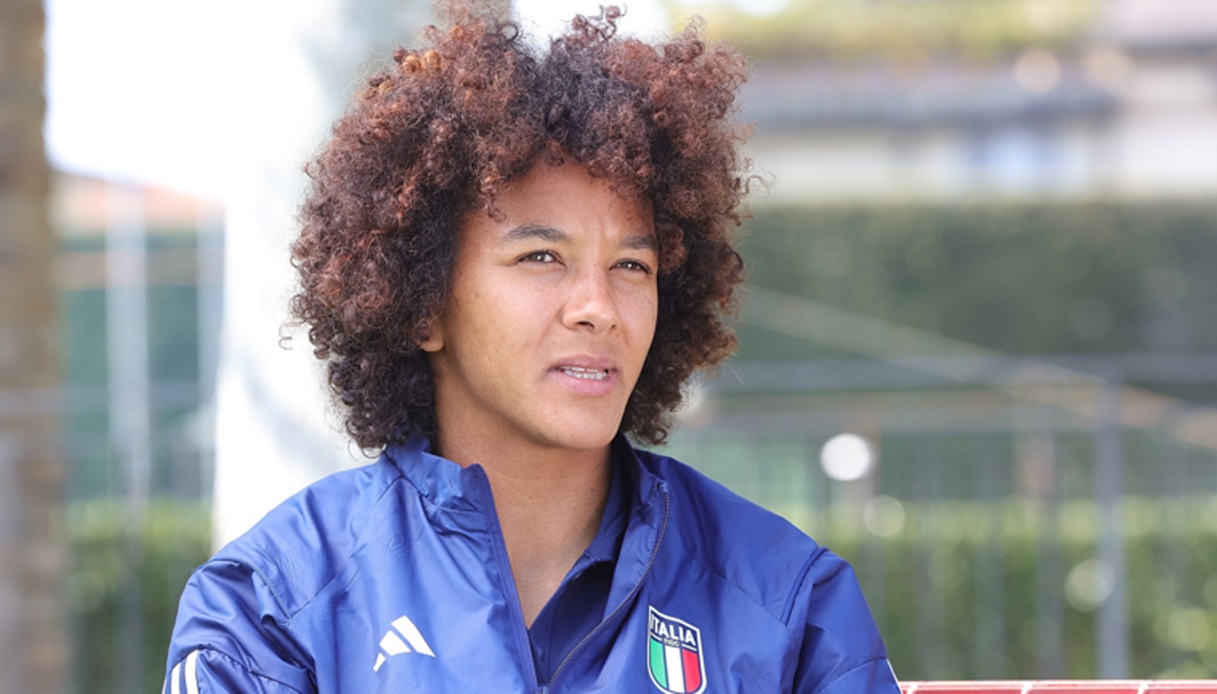
Sara Gama traces the way
Sara Gama, captain of the national team and Juventus, will be among the protagonists of the SkyInclusionDays scheduled for Sunday, May 14 and Monday, May 15 in Milan, at the Leonardo da Vinci National Museum of Science and Technology. About this and more the soccer player, a role model for young athletes both on and off the field, spoke with Sportal.it.
How important was the transition to professional status for you?
The transition to professional status last July was a momentous turning point for our movement, because it allowed so many female athletes to have the basic protections that reflect the activity and work they do. It was a necessary adjustment-a matter of rights. After that, professionalism is more than that: it is framing our soccer and putting it in the dimension in which we want to be. In an international context of great development of the discipline, the transition to professionalism puts us on a par with other countries that have invested in the growth of women’s soccer before us. It is an expression of the will we have as a federation, clubs, and players to be at the highest level and therefore it is fundamental to attest ourselves to higher and higher, with credibility toward all the stakeholders that revolve in and around our sport.
Why should a child prefer soccer to other disciplines?
Every little girl should approach the sport she likes best and have fun while developing her individual passions.
Soccer, like any team sport, should be a school of life. Because it helps to compare with others, to give each other a hand to achieve a common goal.
These are lessons we learn on the field and then carry into our daily lives beyond our sporting journey. The birth and growth of girls’ youth sectors helps so much for girls and young women to get closer to soccer: now in many cases they don’t have to travel more than an hour to go to training. We will always have to be good at facilitating their sports path.
How much responsibility does it give you to have the captain’s armband, both of the national team and Juventus?
It is always a source of pride to be able to represent one’s country and a team as important at the world level as Juve, a club that has given a giant boost to Italian women’s soccer. All the more so in this period of historical change where finally women’s soccer is finding more and more space and my teammates and I find ourselves being a reference point for future generations.
How important in a person’s growth is being in a group, locker room life?
It is fundamental because it allows for personal and educational growth. Soccer is a group sport and as such victories never come from the individual alone. The locker room becomes a second home and the teammates a second family. The better you are together, the more you can reap great sporting and human satisfaction.
What does participating in the SkyInclusionDays represent for you?
I find very important and beautiful the idea of Sky to promote a Festival completely dedicated to inclusion. There are so many issues that still need to be addressed, and I think that having such important showcases in which to dialogue on certain topics is crucial to continue the process of social education, change and mutual respect that is needed in the world.
Sky’s event on issues of inclusion and diversity is organized in collaboration with the nonprofit Lidia Dice… Two days of testimonies, performances, workshops, meetings and debates that will take place on Sunday, May 14 and Monday, May 15 in Milan, at the Leonardo da Vinci National Museum of Science and Technology, to reflect on the theme of the relationship with diversity in all its declinations: from gender equality to LGBTQ+ rights, from disability to body positivity, from ethnic background to digital and language inclusion, with an eye always on the comparison between generations and the relationship between parents and children. Many guests will enrich the program schedule with their contributions. From the artistic performances of Michele Bravi, Vinicio Marchioni and Omar Hassan, to in-depth discussions with Minister for Disabilities Alessandra Locatelli and writer Elisabetta Dami; from the testimonies of athletes such as precisely Sara Gama and Giorgio Minisini, to the contributions of scientist Amalia Ercoli Finzi.


